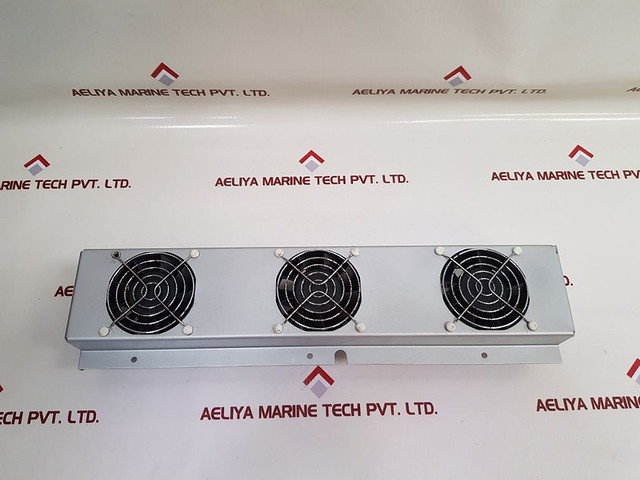Electric Combi Boilers Company
Electric combi boilers or ‘combi’ boilers provide heating and domestic hot water (DHW) from an inbuilt cylinder. They are an increasingly popular choice for homes where gas is not available or not practical. Smart controls allow homeowners to tailor heating schedules and energy consumption to suit occupancy patterns.
Suitable for one bedroom flats or small houses that use showers rather than baths, they are a good fit for limited living space. They also free up valuable space in the airing cupboard where a tank would normally be located.
Cost
Electric boilers are becoming increasingly popular as a heating option for homes. They are affordable, easy to install, and do not produce carbon dioxide emissions. However, there are some things to consider before installing one. For instance, you should consider the price of electricity in your area and if it is available at off peak times. It is also important to ensure that your home is insulated well enough to reduce energy consumption.
An electric boiler is a great choice for smaller properties or those without gas. It can heat the house and provide hot water on demand, saving energy and money. It is also more quiet than a traditional boiler. Unlike conventional units, electric boilers do not require venting combi boiler electric or a water tank, which makes them more compact. They can be installed in a standard kitchen cupboard or narrow spaces where it is impossible to fit a larger unit.
The cost of an electric boiler can vary depending on the size of your property, the size of the unit, and the length of the pipework. The installer will also need to check the size of your fuse box and the output required for your household. He or she can advise you on this and provide the best solution for your needs. The installation process usually takes two to three hours, and labor costs are around $100 per hour.
Energy efficiency
Electric combi boilers are a great choice for modern homes seeking an alternative to gas heating systems. These units are efficient and economical, and many manufacturers offer comprehensive warranties to safeguard the investment. However, assessing the performance of each model is essential before making a purchase. Several factors affect cost and energy efficiency, including the power capacity of the boiler and the physical size of the home.
The energy efficiency of an electric boiler is critical, as it directly influences the overall cost of operating the system. Some models can reach an efficiency rating of close to 100%, converting almost all of the electricity into heat. This is a significant improvement over gas boilers, which only reach about 90% efficiency and lose some of the heat through exhaust.
A high-efficiency electric boiler is also a good fit for a smaller property, as it can handle the demands of multiple bathrooms without consuming too much energy. However, larger homes may require a model with a higher output rating to accommodate their heating and hot water needs.
Another aspect to consider is the installation cost of an electric boiler. This can be a complex process, and it is important to choose a professional installer with a strong reputation and extensive experience. Licensed engineers can ensure the installation is done correctly and minimize the risk of costly errors. They can also advise homeowners about the best place to install their new system, ensuring that it will provide maximum efficiency.
Safety
Electric combi boilers are a space-saving alternative to gas boilers and provide both heating and domestic hot water without the need for a separate cylinder. They also offer energy efficiency, and can be used with renewable energy tariffs to reduce carbon emissions. However, careful selection and installation are vital to maximize their benefits. This is especially important for older homes and listed buildings, where the installation may involve a significant overhaul of existing pipework.
An electric combi boiler uses an expansion vessel to control pressure and prevent ruptures. It also has a temperature sensor that activates the boiler when the thermostat detects a drop in temperature. In addition, it has a high-pressure relief valve that protects the system against dangerous overpressure. electric micro boiler It is important to have an experienced installer who can inspect and upgrade your pipework before installing an electric combi boiler, as the new system will be a major change in the way you use your home.
Another safety feature of an electric combi boiler is its Legionella protection system, which automatically raises water temperatures to the maximum for a period of time to flush out any contaminants in the system. Additionally, a stainless steel heat exchanger is less prone to build-up, reducing maintenance costs and increasing the lifespan of the boiler. Additionally, electric combi boilers do not use combustible fuel, mitigating risks associated with leaks and fires. As a result, they can be used in areas with no gas supply or limited flue locations.
Installation
If you’re considering switching from a gas boiler to an electric combi boiler, it’s important to get the right installation service. A qualified heating engineer will ensure the system is properly sized for your home. They will also take into account factors such as the size of your fuse box and whether your property has a single or three-phase electricity supply. This information is usually available on your energy bill.
An electric boiler can also save you space, as it doesn’t require a flue. This makes them popular in high-rise buildings, where getting a new gas boiler installed would be expensive, as you’d need to put up scaffolding.
Another benefit of an electric combi boiler is that it provides instant hot water. This eliminates the wasted water caused by a cylinder, and means you’ll never run out of hot water. They are also ideal for small houses, one-bedroom apartments, and flats with a shower rather than a bath.
When choosing an electric combi boiler, it’s important that you choose a British-based company that manufactures their products locally. This will ensure quality, and that you can access spare parts and technical support when necessary. You should also look for a company that is registered with Ofgem. This will help you avoid companies importing boilers from the Far East, which may not be as reliable or cost-effective.



